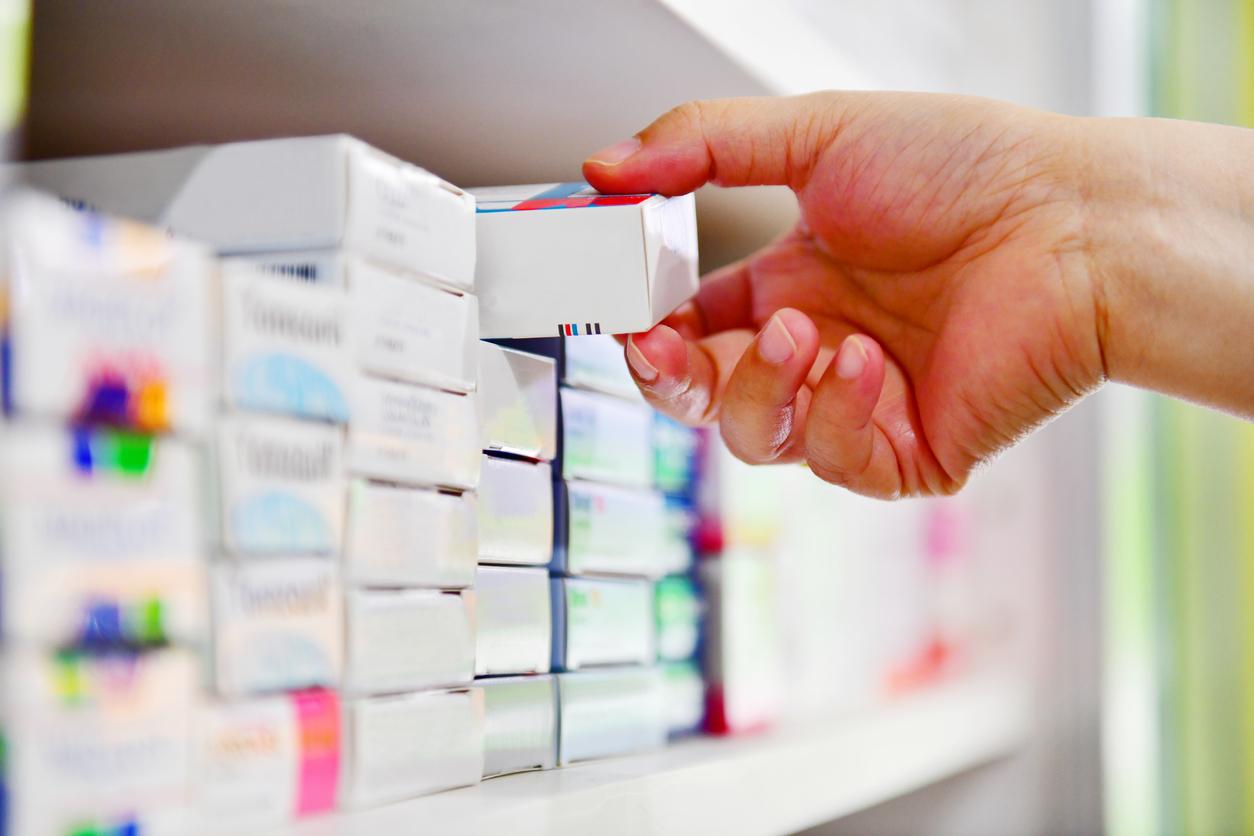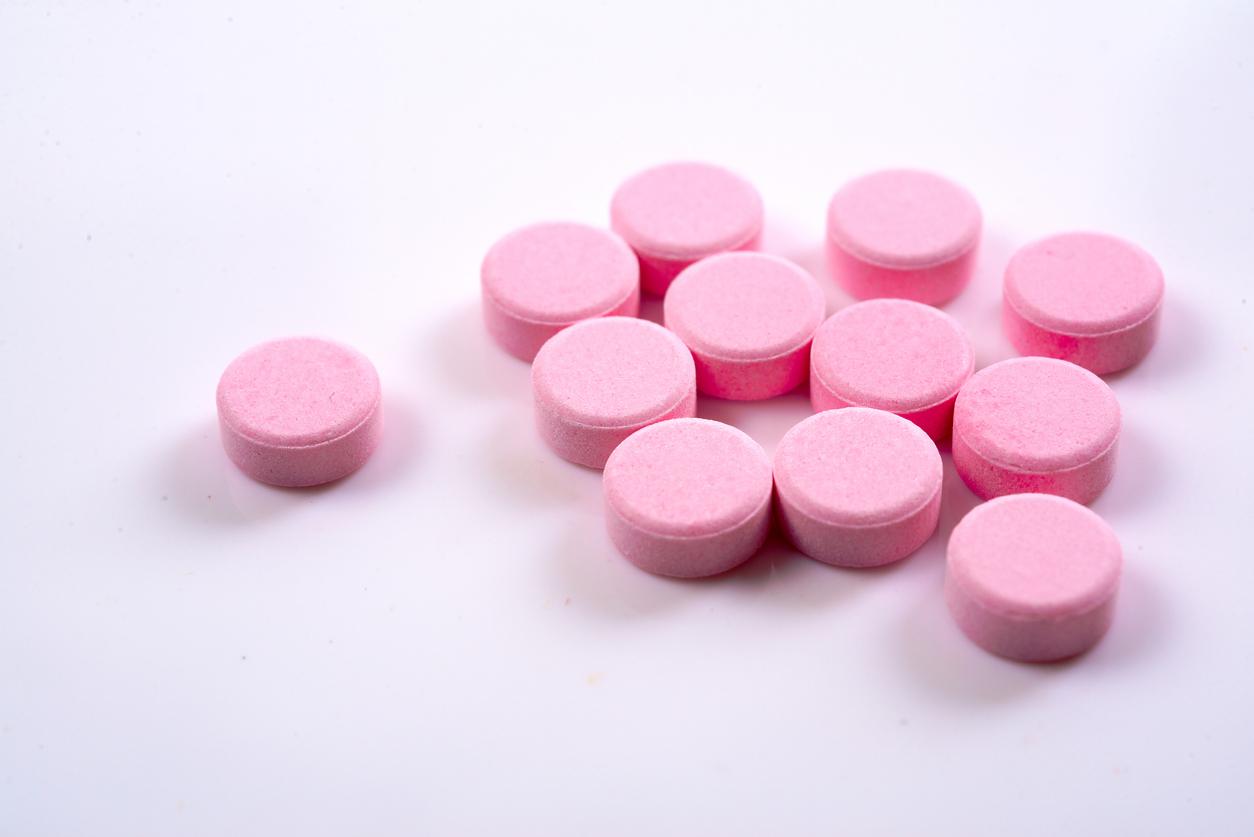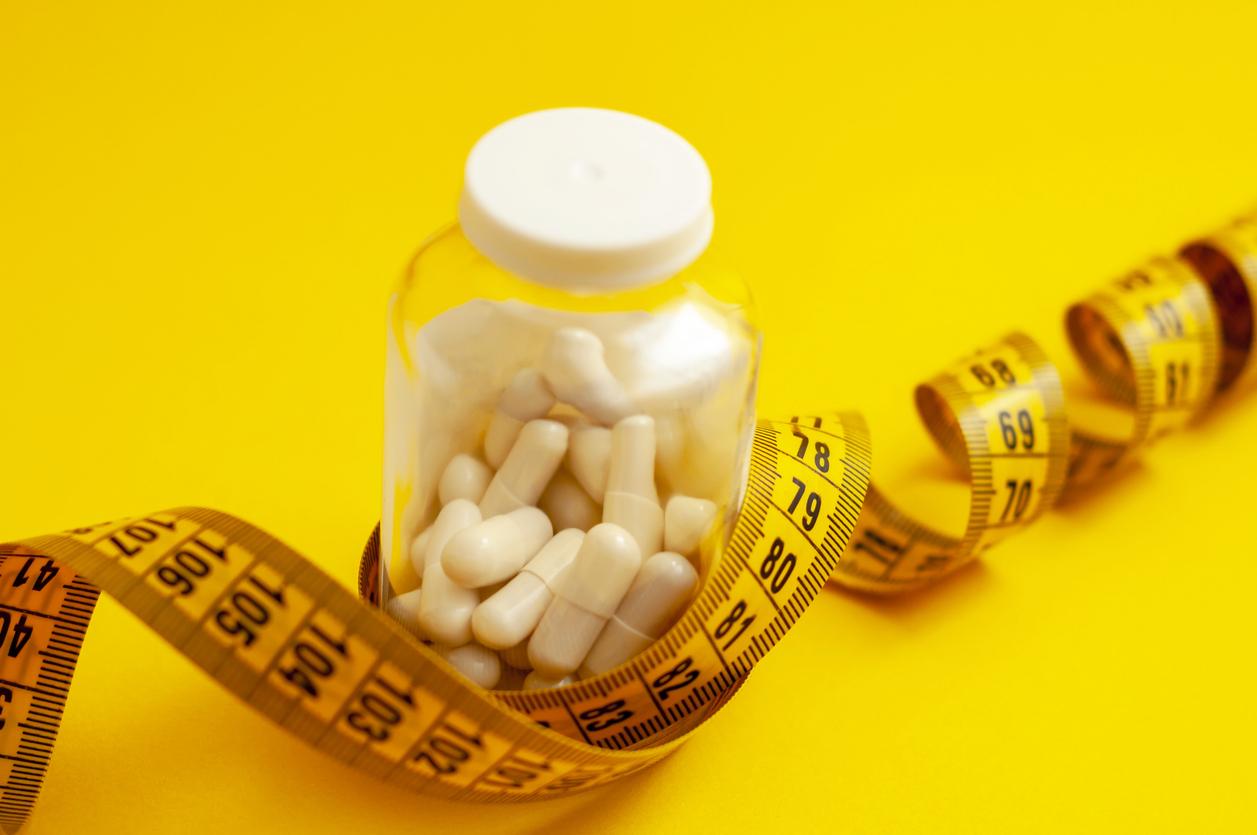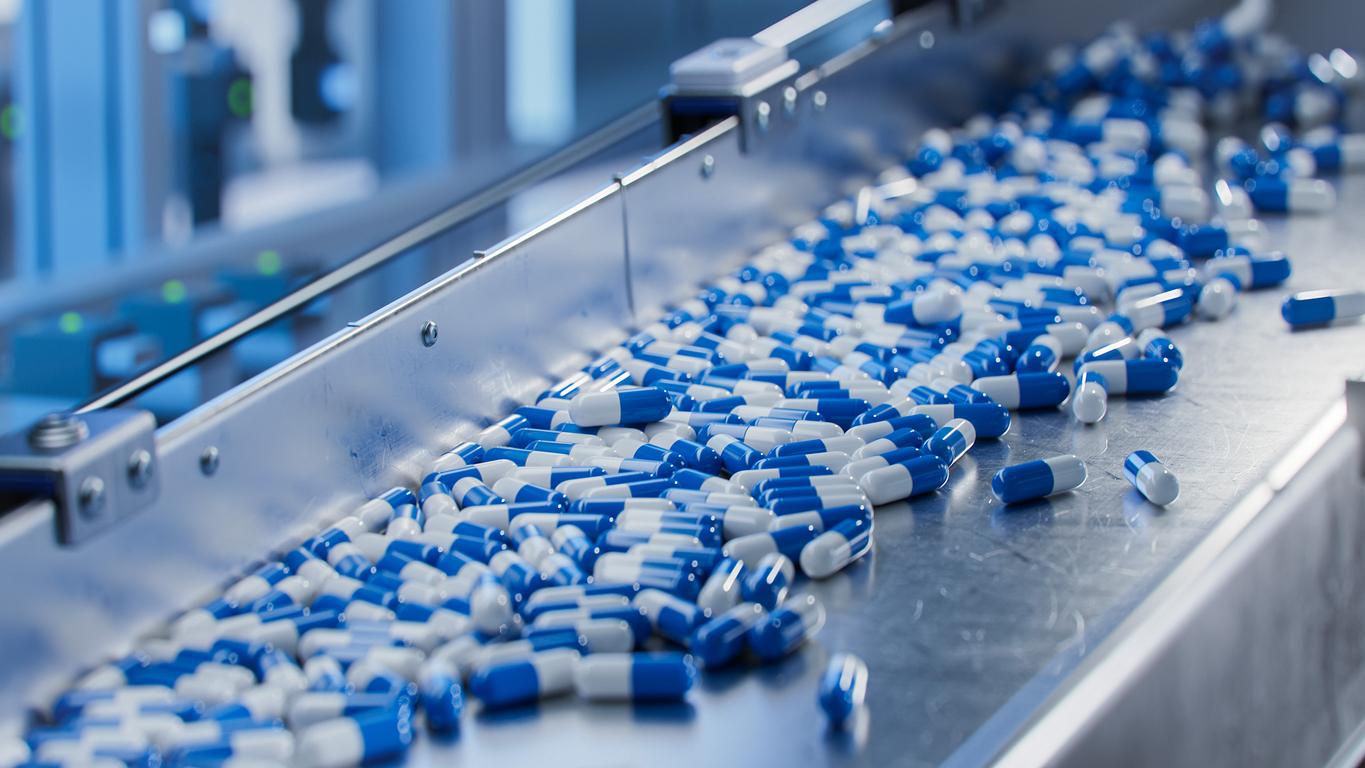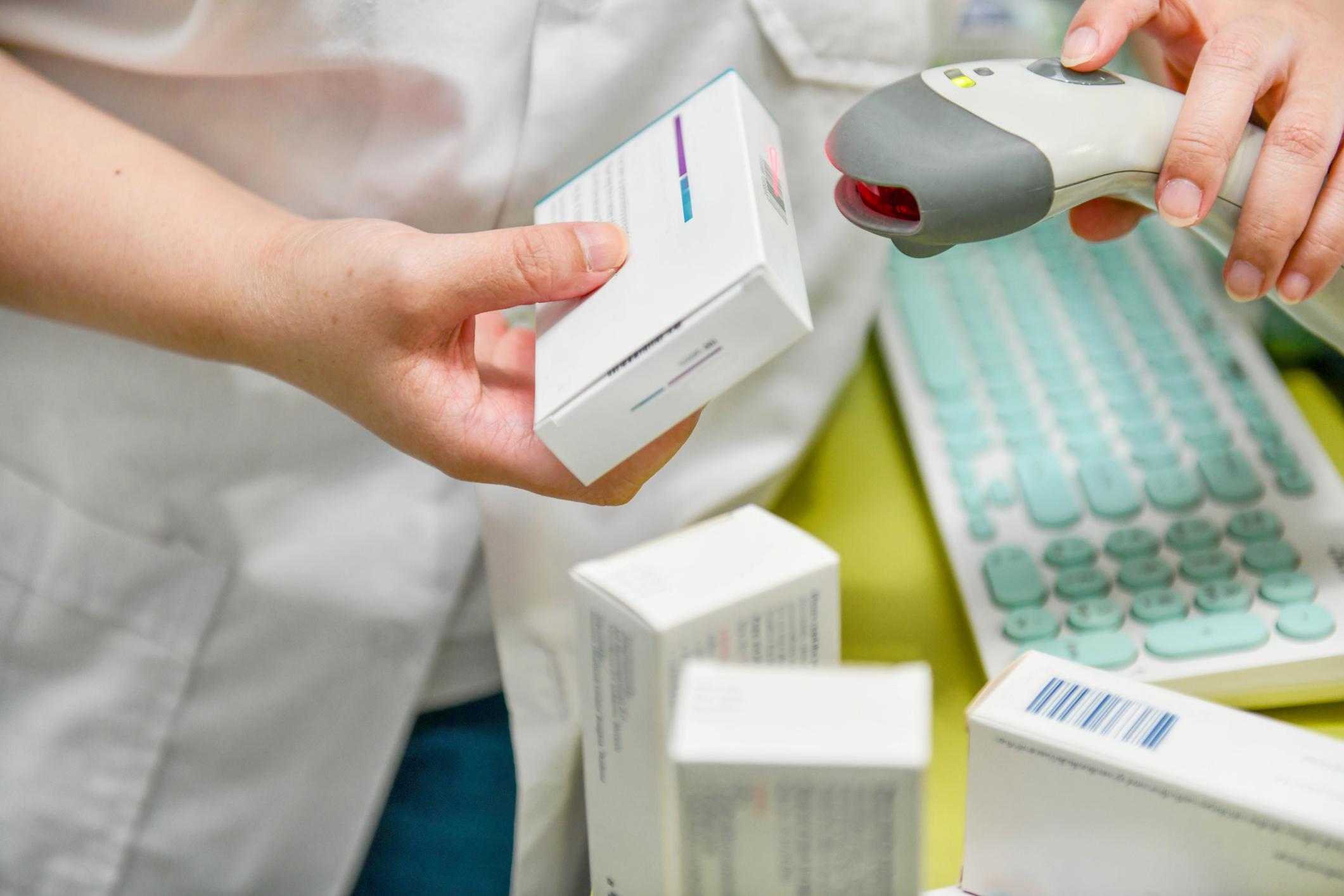Losing a transplanted organ due to a shortage of medications ? This is out of the question for transplant patients in Venezuela. They still prefer to turn to products intended for animals, despite the danger this represents for their health.
Some patients who cannot interrupt their treatment for even a single day face shortages of pharmaceuticals. This is the case with prednisone and cellcept, two immunosuppressants that prevent the rejectionorgans. According to patients interviewed by AFP, they would have disappeared from pharmacies for a month. After waiting for an organ, sometimes for years, some people refuse to let the lack of drugs jeopardize their transplant. And the only alternative that seems to be open to them is to obtain the equivalent in veterinary products.
A shortage denied by the government
“It’s humiliating to know that your life depends on animal medicine,” Kevin Blanco told AFP. After having a kidney transplant 15 years ago, he had to deal with a month’s shortage of his treatment. He chose to take dog prednisone instead, despite warnings from his doctor, telling him it was “at his own risk.”
According to private organizations, shortages affect 70% of drugs. The government of Nicolas Maduro, meanwhile, faced with a serious economic crisis, no longer publishes the figures for shortages since 2014. He denies that of prednisone and ensures that a batch of 1.2 million tablets has arrived from Cuba.
Venezuela lacks foreign exchange to finance its imports, in particular because of the fall in the price of oil. The government owes the pharmaceutical industry more than $ 3.5 million. But the country also lacks other products such as flour, chicken and shampoo.
>> To read also:
Transplant: what determines donor-recipient compatibility?
Drugs: pharmacists out of stock?
How are the vaccine shortages explained?
Unusual: she has an ear grafted on her forearm
Drugs: increase in stockouts in pharmacies













